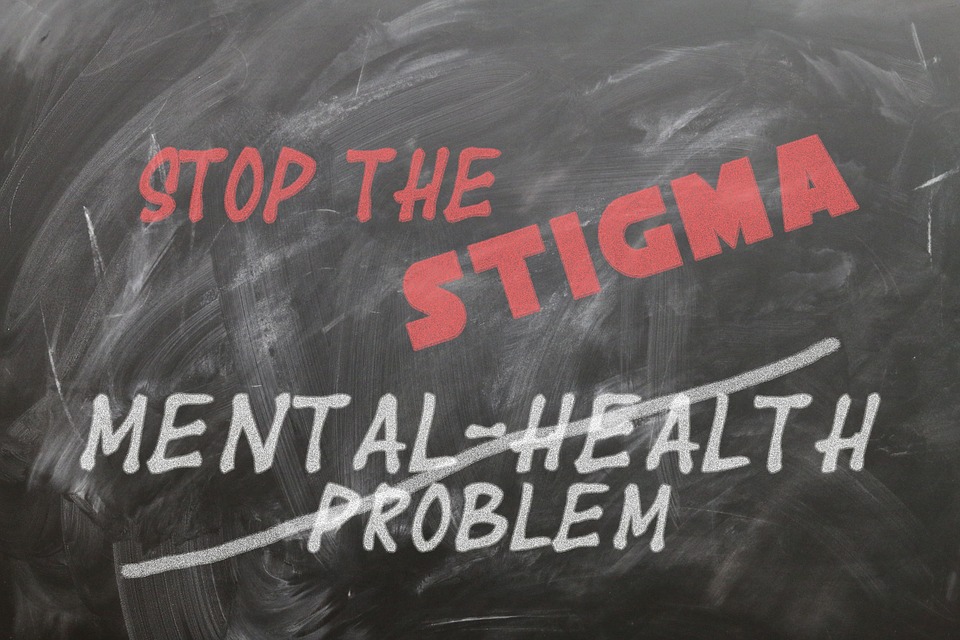**Some of the links in this post are affiliate links, meaning, at no additional cost to you, I will earn a commission if you choose to make a purchase.


Mental health struggles affect most families across the world. If you aren’t struggling with issues yourself, you’re likely to know someone who is. It’s important that we educate ourselves on how to help someone struggling with mental health problems. If you aren’t quite sure what to do, here are some suggestions on how you can help.
Listen
Listening to someone doesn’t mean you are charged with having to find solutions to their problems. Sometimes, people don’t want solutions- they just want someone to listen. If you can sit and listen to someone’s problems without passing judgment, you can be a really good friend to someone suffering from mental health issues. By truly listening, you’ll be able to gauge what a person’s needs are in that moment. It could be helping to find a solution, or it could just be recognition of the difficulties they’re facing.
Don’t Assume
Some people make the mistake of assuming they know what someone with mental health problems needs. Perhaps they’ll attempt to cheer them up or bring them a glass of wine. There are times when all the effort in the world won’t get the desired result because they’ve made an assumption. Ask the person you’re supporting what they need. More often than not, someone suffering from a mental health disorder will be able to tell you what kind of support they require.
Get Help
Supporting someone with mental health issues can be tiring work. The last thing you want to do is burn yourself out, so you’re forced to stop providing support when they need you most. It’s okay to reach out and ask for help. For example, teen bipolar disorder treatment is a great way to help a teenager suffering from bipolar without taking on too much yourself. You can also approach medical practitioners, with the sufferer’s permission, to see what help is available in your area. Whether it’s medication, therapy sessions or intermittent support, it all helps.
Avoid Arguments
When you’re supporting someone who's struggling with mental health, there will be times when things can get tense. Either one of you is likely to get frustrated at any point and it’s easy for arguments or confrontation to start. Try not to engage in arguments in order to keep a strong relationship. If you find it difficult to avoid an argument, make sure to leave the room and the other person’s presence and take some time to cool down.
If You Don’t Know the Person
If you’re in a situation where you’re trying to support someone you’ve never met before, try and stay calm. Offer as much information as you can and try to direct the person to any information or resources that could be of help. Ask the person if there’s anyone you can contact to help them further. If the person seems too distressed and you’re worried about his/her safety, always call the authorities to be on the safe side.
There are no tricks to looking after someone with mental health issues, so just do the best you can.



No comments:
Post a Comment